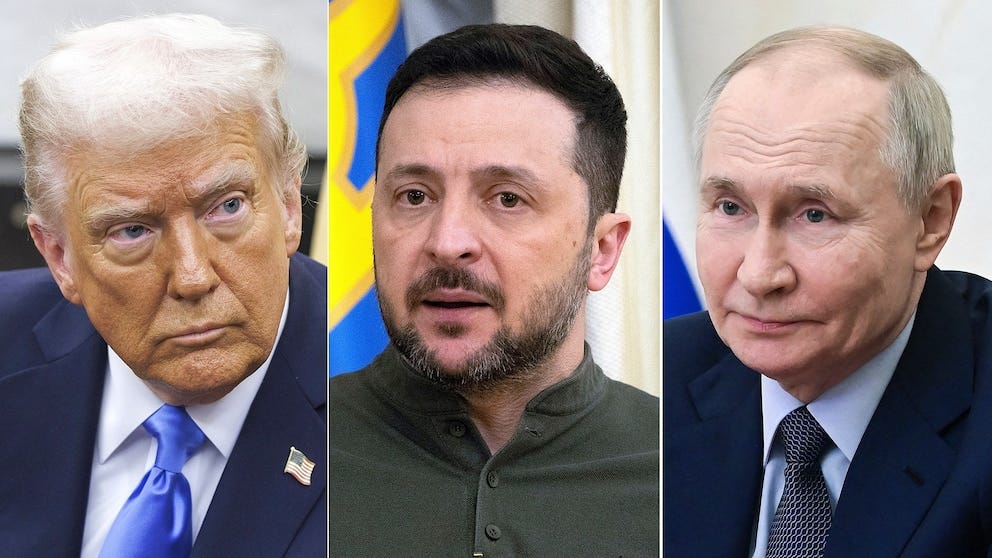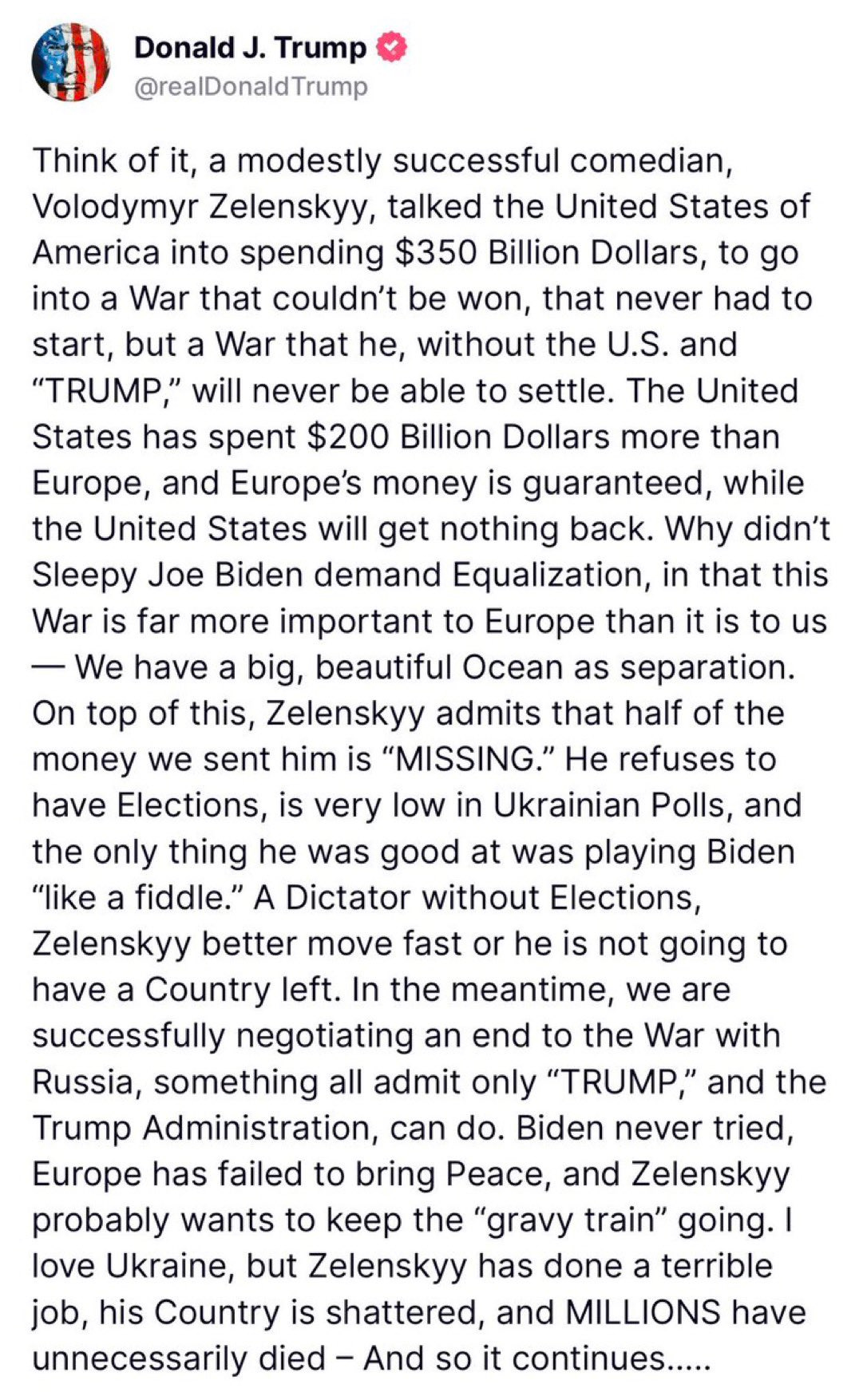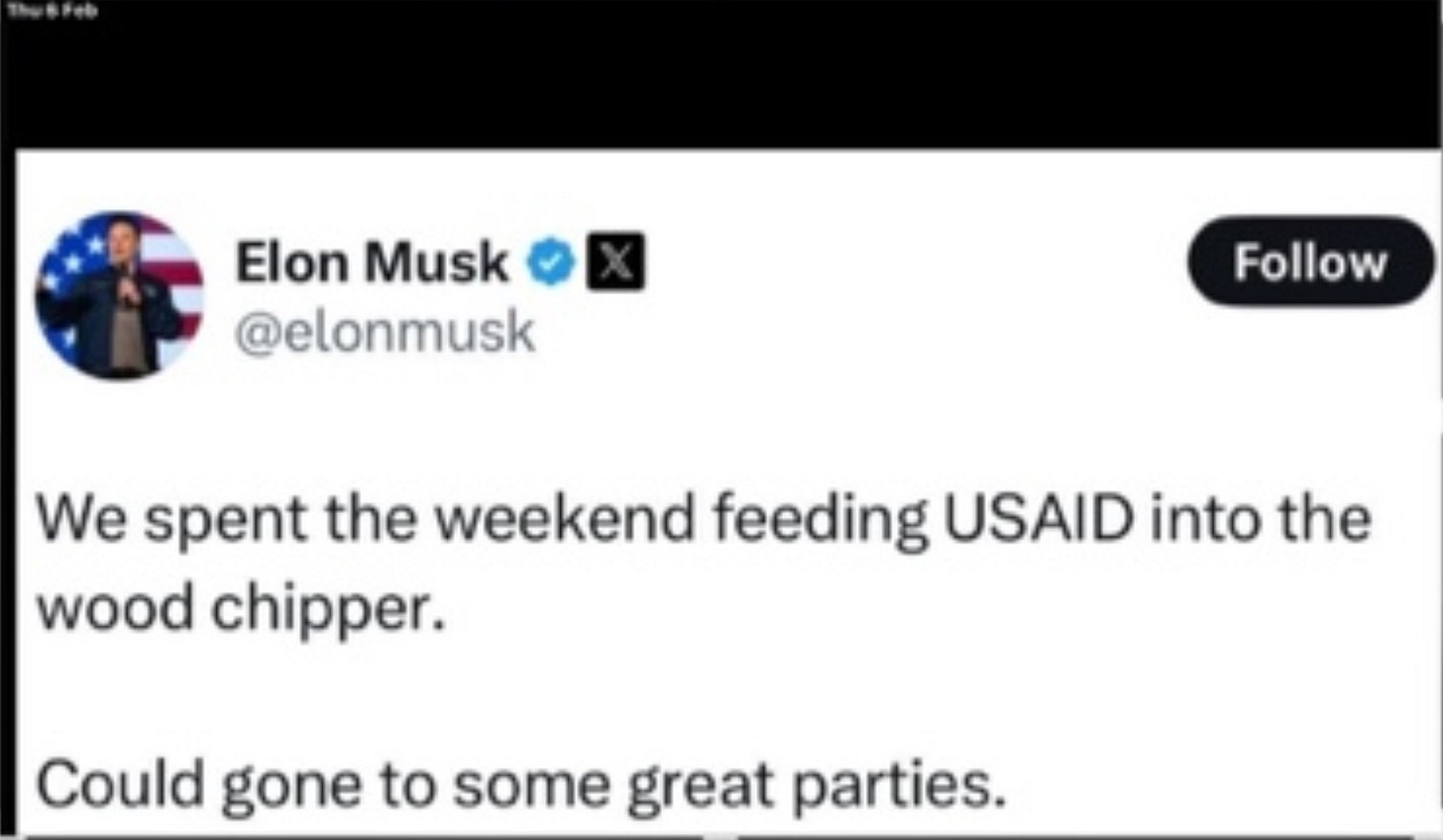In 1966 if you were involved in the music industry you couldn’t avoid mixing with some shady company, live music venues, much like casinos were often run by the mob. If you got on the wrong side of the mob they let you know. One tour stop for The Yardbirds in Rhode Island they turned up late – you don’t keep the mob waiting – and a gangster stormed onto their tourbus toting a pistol shooting his mouth off.
The Yardbirds’ manager was Peter Grant, he stood up right in front of the pistol and said, ‘You’re going to shoot me over $1000 dollars? That’s cheap, I didn’t realise you were that cheap’. Grant was 6’ 3” and 28 stone, he walked the gangster back out of the bus with the pistol pointed right into his gut the whole time. There are lots of rumours about Grant’s past, was he a gangster in London before getting into showbiz? Either way, he was more experienced in having a gun pulled on him than the gangster pulling the gun, so he won that little battle.
Europe needs to take a leaf out of Peter Grant’s book, we face an existential threat from a gangster state – Russia – and it’s become clear we can’t rely on our big brother, America, that’s offered protection for the last 80 years. Europe needs to face up to the precise nature of the threat we’re dealing with, and recognise it’s a threat we now largely need to deal with ourselves (with acknowledgements to Canada, Australia, Japan and S Korea). To defeat a monster you don’t need to become a monster but Europe needs to be clear about the challenge that faces us in 2025 – a bloodthirsty tyrannical state that attacks all its neighbours and a willing stooge that heads up what is now a former ally.

Support for Ukraine, the story so far
Ukraine’s been involved in a war with Russia for 11 years, the last three years have been particularly intense. Europe has supported Ukraine with financial aid, military training, weapons, financial support and refugee hosting. That’s been enough to stop Russia from achieving its fundamental war aims of invading Ukraine completely and has compelled Russia to burn through its equipment stocks, ammo stocks, a big financial warchest and a huge amount of personnel. This has been in concert with aid from the USA, much smarter analysts than me have assessed the level of commitment from the West to Ukraine – generally they point out that Ukraine is thwarting Russia with a load of equipment and weapons designed and built 20 – 30 years ago – we’ve fallen short of donating our best stuff. Even so, Russia’s only managed to take 20% of Ukraine’s landmass and none of its main regional cities since 2022.
Apart from the military support Europe has tried to constrain Russia via sanctions and has embarked on a long term project of weaning itself off Russian hydrocarbons. This is still work in progress as Europe continues to import Russian LNG. While this has been a gradual process, it’s fair to say that prospects for Russia are pretty bleak when Europe stops buying its coal, oil and gas altogether. Many observers have been contemptuous of the sanctions regime – Russia has found easy workarounds, importing sanctioned goods via Belarus and Georgia.
It’s a measure of Europe’s commitment to Ukraine’s cause as to whether it’s willing to clampdown on smuggling that’s been pretty easy to detect. If it really wants to Europe can completely decouple from Russia economically – not sell its cars and not buy its gas. The question is how much does it want to do this?



Much praise for Zelenskyy, much derision for Vance, a serious message from Von der Leyen at the Munich Security Conference – will it prove pivotal in the Ukraine – Russia war?
Reasons to be positive about Ukraine
Ukraine was a key part of the Soviet Union, even if Moscow treated it brutally at times. It was a major industrial and STEM base – a lot of its ships and tanks were actually made in Ukraine. It’s no great surprise, therefore, that Ukraine has constantly innovated during the war with drones, unmanned submersible vehicles, missiles and droids (ground combat robots). During this particular phase of the war, since 2022, Ukraine has built up an increasing level of self-sufficiency with guns and ammo and now many bits of home made kit are superior to that in the hands of other major armies thanks to constant product testing.
Russia has really committed to a war which it was confident would be a rollover not unlike the Russo – Georgian war. It has found, however, it’s almost impossible to get significant go forward because of Ukraine’s drone superiority and after three years Russia has failed to establish air superiority with its conventional fighter jets.
While Russia still has ample stocks of aircraft, this is somewhat deceptive as many of its older planes are borderline airworthy – MiG jet engines have a lifespan of 3500 hours – many have reached that through years of deployment in Syria and Ukraine. While nothing is a game changer, Ukraine has been supplied with post Cold War era jets – the F16 and Mirage. If it has enough of these Russia cannot ever establish air superiority and it won’t be able to launch the kind of co-ordinated ground and air attacks that are decisive in modern warfare.
While the frontline has barely moved since late 2022, the impact on Russia has grown – its financial reserves are steadily dwindling down, its burnt through around 55% of its total equipment stocks, and much of its ammunition stockpile. While Russia has been impressive in continuing to secure so many willing recruits to its armed forces, the losses have taken a toll on Russia’s economy and society – inflation is high despite jacked up interest rates as labour shortages have become chronic. Russia would love to fight a forever war and occupy Ukraine permanently like it has with Moldova, Georgia, and Syria, but with Ukraine it’s bitten off more than it can chew.
Russia’s depletion on the battlefield is plain to see – it has regressed from standard military vehicles for logistics to golf buggies and private cars and recently to pack animals. Experts have pointed at flaws in its logistical efforts from the start, but now Russia moves really small loads at walking pace. Several clips of footage have also emerged of men on crutches being sent to the frontline. Clearly unfit for combat, these are suicide missions because Russia does not want to look after the seriously injured when the war ends. None of this would be happening if Russia was well-resourced and ran its army professionally.
By contrast Ukraine has been very careful with its own resource deployment and tactics, for this reason it still has equipment and weapons stocks despite being outgunned throughout the war. Russia throws progressively older and less effective bits of kit into the theatre of war which could prove telling if Ukraine is allowed to fight on during the second half of this year.

Reasons for urgency, the gangster’s stooge
Russia has used familiar tactics to try and freeze the conflict – make the front line static at least – in the hope that Ukraine’s backers would eventually lose interest. Russia fights in a primitive and imprecise manner, but that doesn’t matter if its sheer will prevails over a near-symmetrical opponent.
If Russia has had a strategy at all it has been to wait for a friend to enter the White House and disrupt support for Ukraine. At the moment a Goldilocks scenario is playing out for Russia politically – President Trump is making a load of unreasonable demands in Ukraine’s direction and asking precisely nothing of Russia. It’s safe to assume that the USA will stop support for Ukraine soon and that won’t resume any time that Trump stays in the White House. Given that President Trump has also started a trade war with liberal democratic friends and neighbours, there’s a hostility coming from America towards us that we’ve not seen since 1812.
What does this mean? Europe is faced with some stark choices – watch Ukraine lose the war to Russia which would precipitate the biggest refugee crisis ever in Europe, even bigger than WWII, and embolden Russia to attack various smaller countries in Eastern Europe for years afterwards. Or Europe could make a massive change in direction, fill in the void left by the USA in support thus rendering Trump effectively irrelevant.

This is something that has to be done very quickly, but it’s pretty straightforward, Europe needs to provide Ukraine with much more of the same – Russia has failed to invade Ukraine when facing off against 30 – 40 year old equipment and it hasn’t innovated in terms of equipment or military doctrine much in three years. Give Ukraine the tools it will do a great job, give Ukraine money it will do plenty of research and outcompete Russia with new tech. Everything we’ve given Ukraine has been a great return on investment if you regard Russia to be a long term threat until it collapses.
In the short term European leaders need to make it clear that they back Ukraine in a decisive way so that defeat or any concessions in talks are out of the question. What’s it going to take? Immediate pledges in the realm of 10s of Billions of $s to extinguish any hope of Russia winning this war this year or next. Remember time is not on the side of either Trump or Putin, they are 78 and 72 years old, respectively, and Putin is running out of road when it comes to his resources.
In the longer term people have been mulling over a new military landscape seeing as the USA can no longer be regarded as a reliable partner.
Perhaps the time has arrived for a European Joint Defence Force – serious players only with voluntary opt-in, as opposed to an EU Army that would be problematic for several member states that are neutral. While this wouldn’t be the intention, but such an institution might be a way back into the European project for Britain that Keir Starmer has been so reluctant to entertain. Europe can’t be lukewarm to the threat of Russia forever, and Britain can’t fudge its relationship with Europe forever. The time is now.








